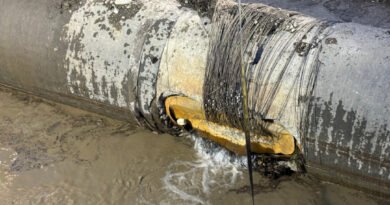Starting in 2025, Ontario high school students will be required to pass exams on managing money and homebuying.
Starting in the 2025-26 school year, Ontario high school students will need to successfully complete a financial literacy test covering topics like budget management and saving for major life milestones such as home ownership.
Education Minister Stephen Lecce announced on May 30 that financial literacy will be integrated into the Grade 10 math curriculum by September 2025.
He emphasized the need to elevate the standard and work collectively to ensure students can apply financial knowledge practically in their daily lives.
The new mandate intends to equip students with the skills to manage their finances to achieve goals like retirement, homeownership, and safeguard themselves against financial scams.
Students in Grade 10 must score at least 70 percent to pass the test.
The financial literacy assessment will be developed in collaboration with TVO, an online course provider, and the Education Quality and Accountability Office, responsible for standardized tests in reading, writing, and math in Ontario.
Mr. Lecce also mentioned plans to consult with parents and experts to incorporate practical life skills into the curriculum. This initiative could involve mandatory courses on topics such as cooking, basic household chores, personal finance, and economics.
Moreover, the government will invest up to $14 million in 2024-25 to launch career coaching for Grade 9 and 10 students to support their career exploration, practical skill development, and job search techniques.
These efforts follow recent actions by the Ontario government to address issues like cellphone use and vaping in schools, aligning with their focus on a fundamental education plan.
Schools in Ontario will introduce a uniform policy mandating the immediate surrender of vape, tobacco, and nicotine products. The government will also enhance education on cannabis and vaping in the Health and Physical Education curriculum, alongside a $30 million investment over three years for safety infrastructure like vape detectors in schools.





